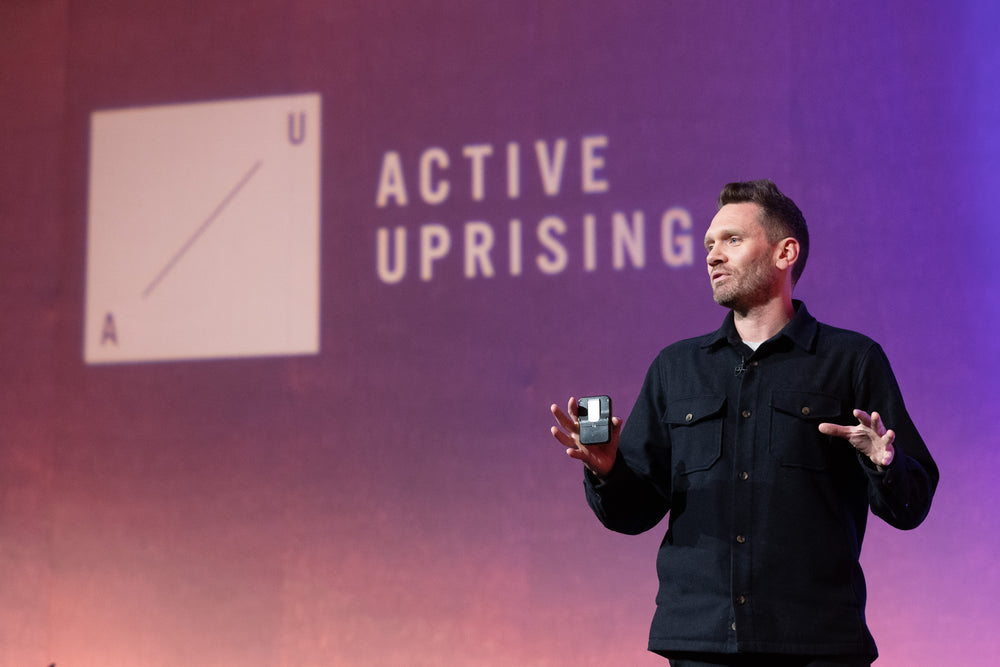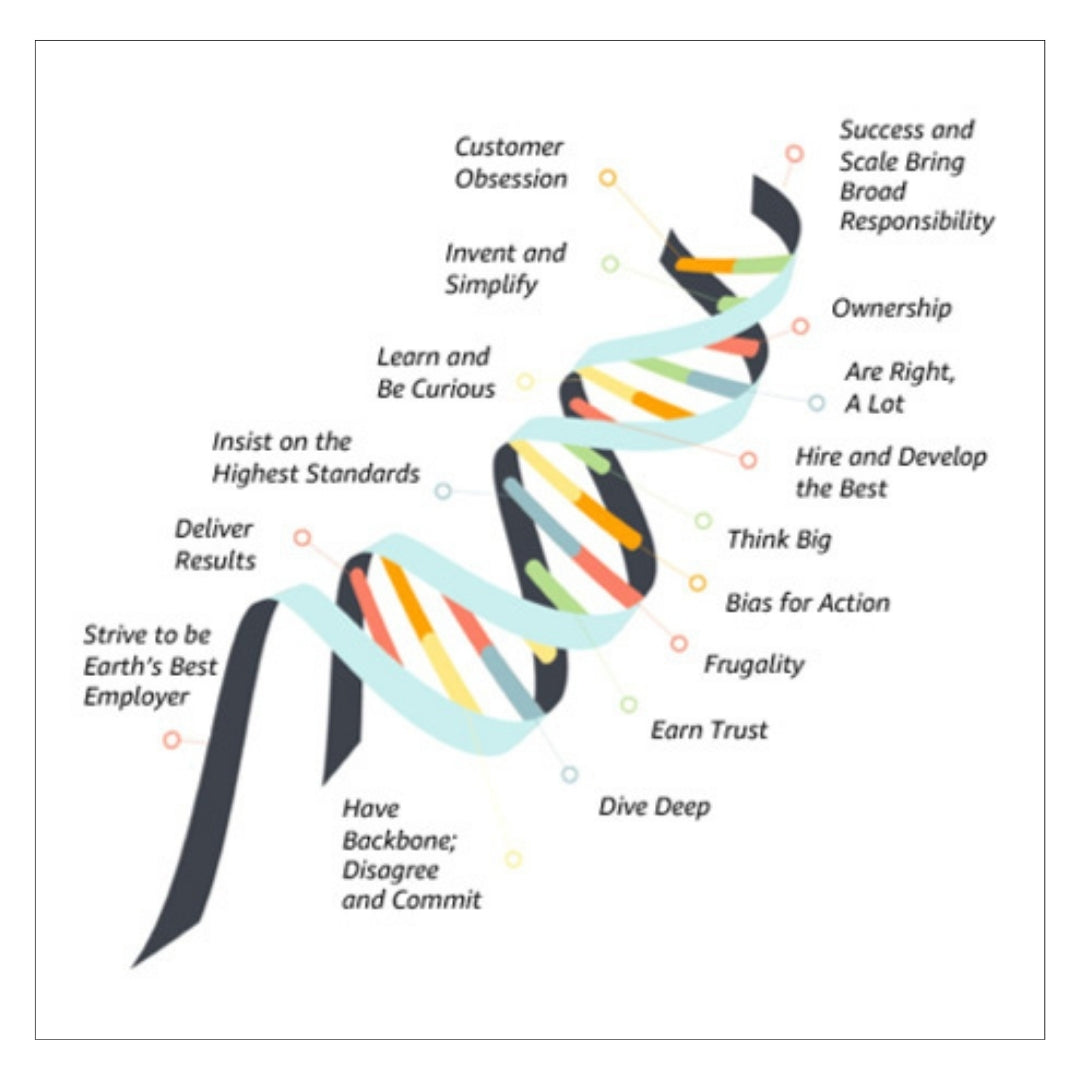Awkward!? How to kick start a conversation

Ever feel stuck on what to say when you meet someone for the first time at a networking event?
Meeting a new colleague for the first time and want to leave a good impression without feeling terribly awkward?
Fed up of just asking ‘what do you do?' or ‘where are you from?’ but don’t quite know what else to say and don’t want to look stupid? (I’ve definitely been there myself!).
Great opening questions can be the difference between strong relationships and relationships breaking down. Potential business opportunities or no opportunities whatsoever.
The common thread in all these questions are open questions. Open questions invite others to share what they want to share.
Humans, psychologically and emotionally, want to feel heard. We want autonomy to say what we want. Open questions enable this.
We hate feeling restricted, trapped and not heard.
Open questions provide the space for the other person to choose what to say.
Closed questions like ‘did you enjoy today’, ‘what’s your job’, or ‘where are you from’ elicit a one word answer or a limit of expression.
Closed questions, can unintentionally, give an impression that you’re interested in trying to sell something or focus on what you want. Let’s be honest, humans can be rather cynical.
Of course, there’s a time and place to ask closed questions. Understanding what someone does, where they live and what they enjoy are important. They connect us as humans being and they’re not bad questions.
I’ve split conversation starters into categories. These are a starting point for practicing. Bring your own authentic voice and tone to this. But my advice would be to start giving it a go and seeing what happens!
Meeting a new colleague
- Bryan, welcome to the team. Congratulations. Tell me, how are you feeling today? This is a great question not only because it invites them into share whatever they want, you are offering the opportunity to share an emotion. You are providing a safe space to share. Emotions are what connect us as humans.
- Less inclined to go with the ‘feeling’ questions. Replace feeling with ‘doing’. How are you doing today?
- Lucy, welcome to the team. Tell me all about you. Again, this enables Lucy to tell you whatever she wants to tell you in that moment. Imagine asking this question with a huge dose of genuine curiosity.
- Pippa, it’s your first day, welcome. I don’t want to assume how your first day has been. So tell me, how has your first day been? This is a smart way of demonstrating that this conversation isn’t about you. It’s about them. I’m invested in you right now. You’re important right now and I want to know how it’s gone for you.
Networking at a conference
- Hey, nice to meet you, I’m Dean. What brings you to this conference? It’s a good question to find any common ground. Perhaps it’s both your first time. The answer may elicit what they do. Who’s know what they may say?
- Hey, I hope you don’t mind me coming over to say hello. I’m Dean - nice to meet you. What’s been your highlight of the conference so far? Again, an open question, with a slight nudge in the direction of a highlight. But the framing gives enough space for them to share if they don’t have one.
- Tell me, what brought you here today? A great question. Opens up possibly for all kinds of answers.
- I’m curious to know. What are you hoping to get out of being at an event like this? Similar to the highlight question, it provokes them to think and engage in a question they’re most likely not to hear.
What’s in it for them?
Starting a conversation can feel really daunting. You’re not alone. In fact, more people fear starting conversations than those who don’t.
As someone who’s previously suffered with imposter syndrome (and found it daunting to go introduce myself), I’ll give you one piece of advice.
I’ve never been ignored or been turned away. 95% of the time, people welcome you in. (For the 5% that don’t, it’s not you (unless you are being very weird!!).
It takes up a lot of energy (which may be surprising to some), for me to go and start a conversation. But I’ve learnt how to channel that energy and build a new habit of just doing it. You can do the same too.
Awesome things happen when discomfort meets courage.
In fact, when I’ve really not wanted to start a conversation, it’s often led to a great conversation, a new lesson, or an opportunity.
An opportunity?
Yes, but not by focusing on what you want to get out of the exchange. But finding out about the other person and seeing how you can help them.
Opportunity emerges when you help other people, invest in them and provide value (and often, value comes through presence, listening and curiosity).
Opportunity doesn’t arise when think about ‘what’s in it for me?’. Think, what’s in it for them?
- who can I connect them with?
- what direction can I point them in?
- what resources might they find useful?
- how I can help them get clarity?
People remember people who help them.
People don’t remember people who help themselves.
That’s the serendipity of conversation. It’s amazing, as a result of helping people, how much they want to help you back. I wrote a piece on ‘how to get people to help you’ recently.





